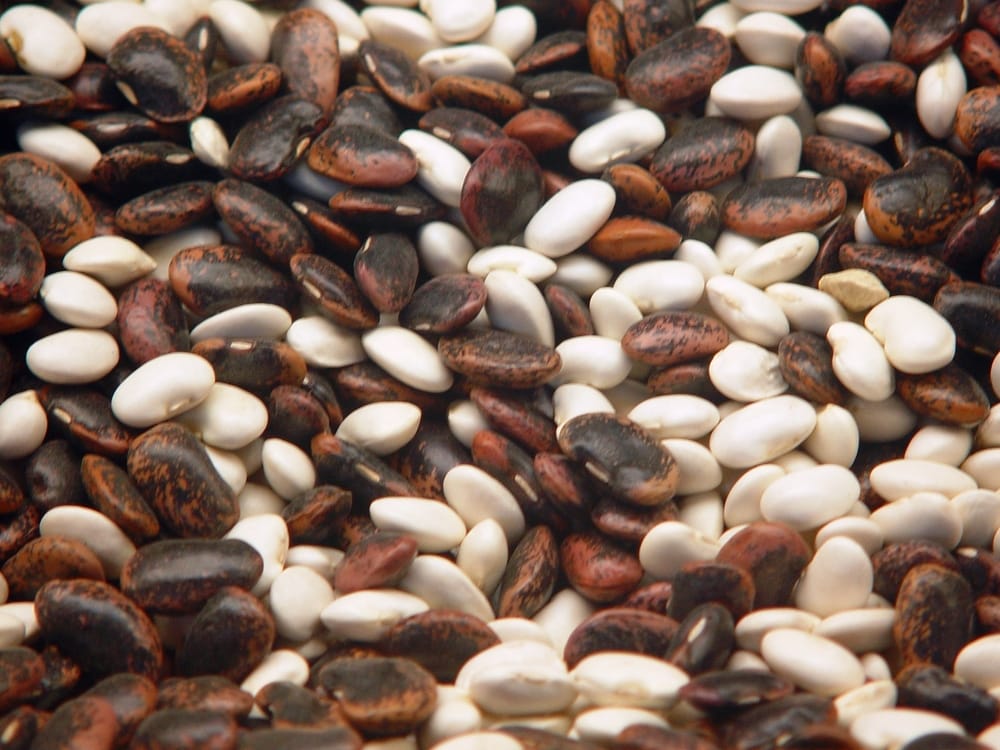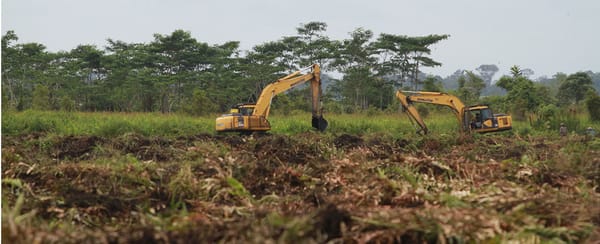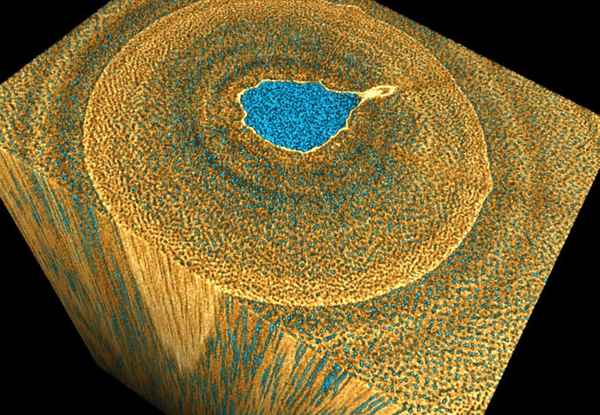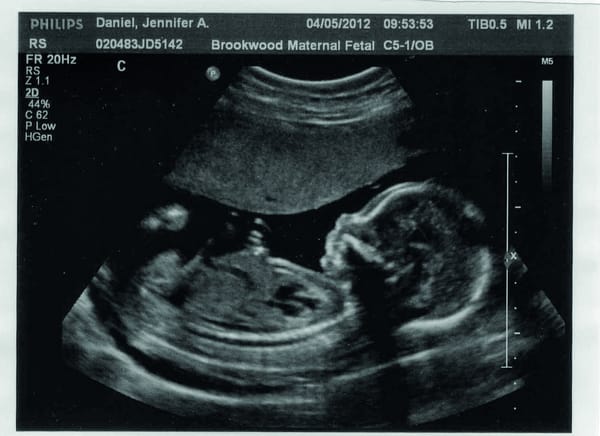Swap out those burgers for beans!
Lauren Ratcliffe reports on lowering your risk of colon cancer

Those late night burgers and sloppy kebabs may be doing far more dangerous things to your body than just expanding your waistline, research from Imperial suggests. A diet swap between American and African volunteers has indicated that one nation’s dietary habits leads to a greater risk of getting colon cancer.
The Western diet, which is typically high in protein and fat but low in fibre, is thought to raise colon cancer risk compared with African diets, which are usually high in fibre and low in fat and protein. Gut bacteria are thought to be the key players in this effect.
The study, published in Nature Communications, involved 20 African-American volunteers and another group of 20 rural South African volunteers from KwaZulu-Natal swapping diets for two weeks. Rural Africans ate a diet of sausages, hash browns, burgers, and fries. African-Americans, on the other hand, switched to plates of corn fritters, mango slices, bean stew, and fish tacos.
The study involved an international collaboration of researchers, including some from Imperial College London and the University of Pittsburgh, teaming together. Volunteers within the study all had colonoscopy examinations, where they examine the inner lining of your large intestine. The researchers also measured biological markers that indicate colon cancer risk and examined bacterial samples taken from the colon.
Before the experiment, almost half of the American volunteers had polyps – abnormal growths in the bowl lining that may be harmless but could develop into cancerous growths if left unchecked. Subjects within the African group had no such abnormalities. After the study, the research team discovered that the African volunteers’ cancer risk had dramatically increased, whilst the American volunteers were found to have far less inflammation in the colon, as well as reduced biomarkers of cancer risk.
“The findings suggest that people can substantially lower their risk of colon cancer by eating more fibre. This is not new in itself but what is really surprising is how quickly and dramatically the risk markers can switch in both groups following diet change.” Professor Jeremy Nicholson, the team leader from the Department of Surgery and Cancer at Imperial College London elucidates.
Colon cancer is the fourth commonest cause of death from cancer in the UK, and overall the second leading cause of cancer death in the Western World, attributed to over 600,000 deaths per year worldwide. However, colon cancer rates are regionally heterogeneous, with rates being much higher in the Western world than in Africa or the Far East, and greatest in the United States.
The major reason for these differences in colon cancer risk seem to be due to differences in the types of bacteria in the gut microbiome. The rural Africans had more carbohydrate-fermenting microbes, and others that produced the chemical butyrate, which has anti-cancer properties. The Americans on the other hand had more microbes that break down bile acids, which can increase cancer risk.
This study supports other work that has shown high-fibre diets are linked to reduced colon cancer risk. Although their study can’t definitively say whether the change in diet would have led to increased cancer rates in the African group and lowered rates in the American group, there is good evidence from other studies that indicate the changes observed were signs of cancer risk.
The findings highlight a serious concern about the potential consequences of the current progressive Westernisation of African communities, which could lead to a spike in colon cancer rates and become a major health issue. On a more positive side, this study can also provide vegetarians with some more ammunition when defending their principles in front of fiendish carnivores.







